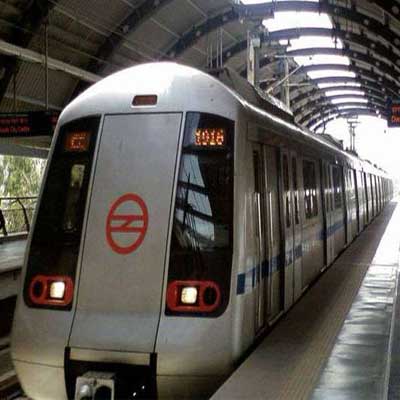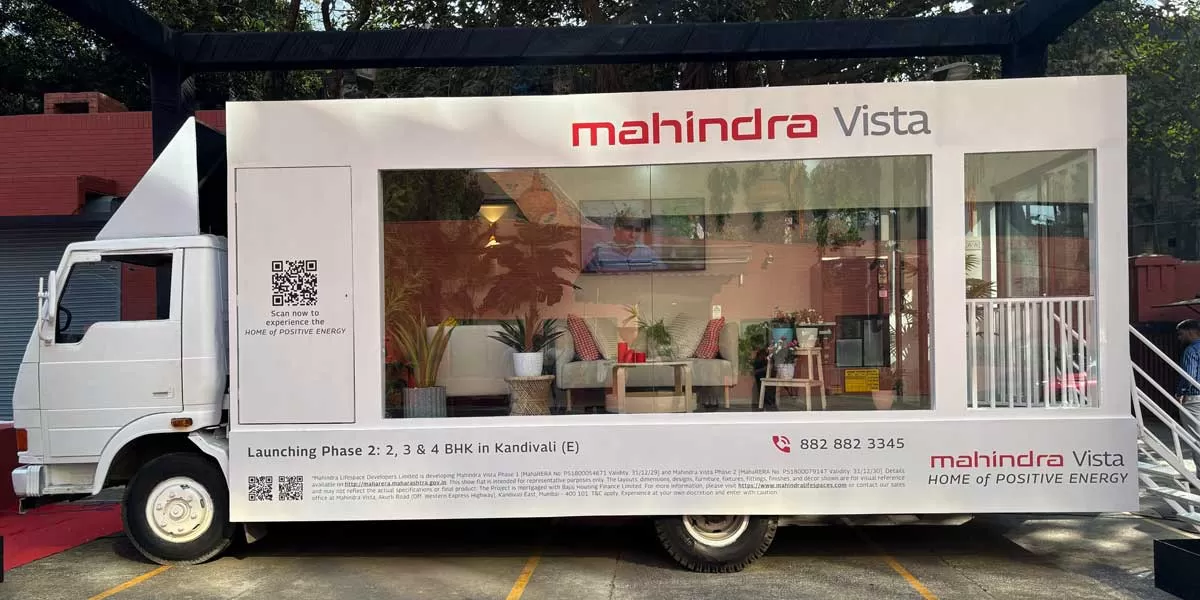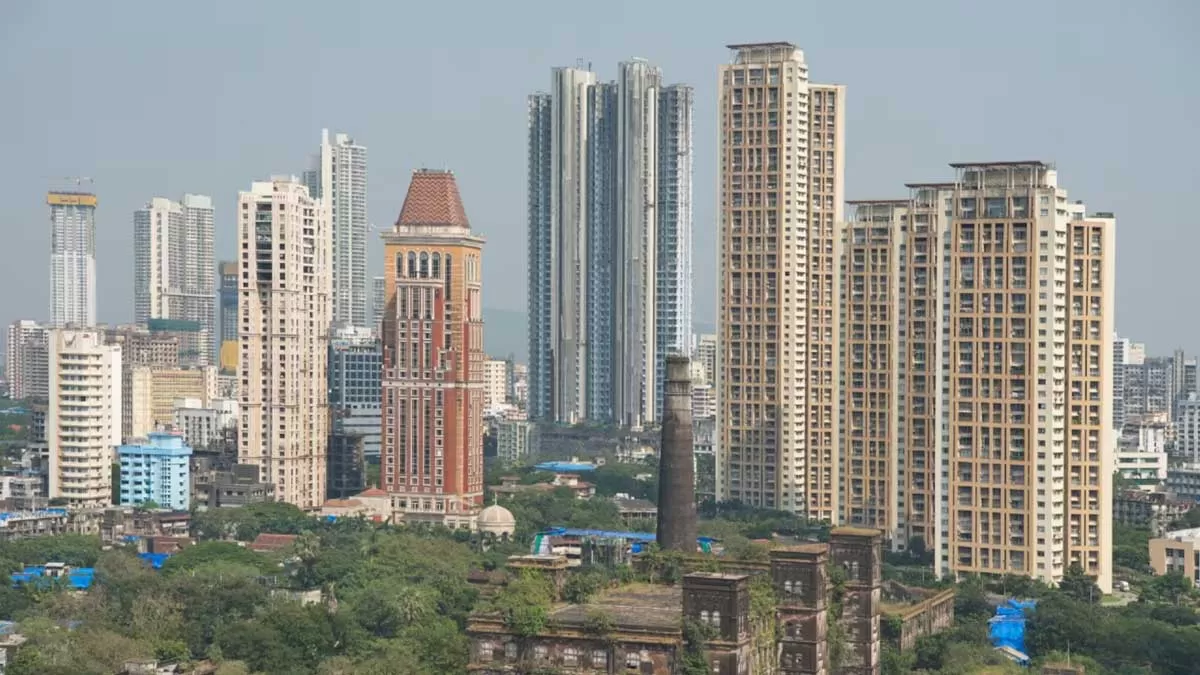
Delhi Metro introduces Station Access and Mobility Programme

Mahindra Lifespaces Unveils ‘Home of Positive Energy’
Mahindra Lifespaces has introduced ‘Home of Positive Energy’, a brand philosophy aimed at enhancing well-being through thoughtful design, natural light, and green spaces. The launch includes a digital video campaign (DVC) and a Mobile Experience Centre—a first-of-its-kind traveling showcase across Mumbai.CMO Abhimanyu Mathur stated, “Every Mahindra home is designed as a sanctuary that nurtures aspirations and daily life.” The campaign, developed with The Womb, emphasizes differentiation beyond location and amenities, making well-being central to Mahindra Lifespaces’ identity.With t..

Mumbai Registers 11,541 Property Deals in February 2025
According to Knight Frank India, while property registrations in the Mumbai real estate market have moderated, signs of stabilisation are emerging. The market saw a 4 per cent Year-on-Year (YoY) decline in registrations, with 11,541 properties registered in February 2025, compared to 12,056 in the same period last year, based on data from the Maharashtra Inspector General of Registration (IGR).Nevertheless, stamp duty collections remained steady in February 2025, reaching Rs 8.96 billion (bn), which is almost identical to the Rs. 8.85 bn collected in February 2024. On a month-on-month comparis..

Godrej Expands Smart Security Portfolio
Godrej Security Solutions has launched a new range of premium home lockers, blending sophisticated design with advanced security. The company aims for 20% growth in FY26 and a 70% market share in the home locker segment.The new lineup—NX Pro Slide, NX Pro Luxe, Rhino Regal, and NX Seal—features dual-mode access (digital & biometric), intelligent alarms, and space-efficient interiors. Additionally, the Defender Aurum Pro Royal Class E safe meets the BIS-certified QCO mandate for jewellers, while the AccuGold iEDX Series supports precise, non-destructive gold testing.Godrej is expanding ..














